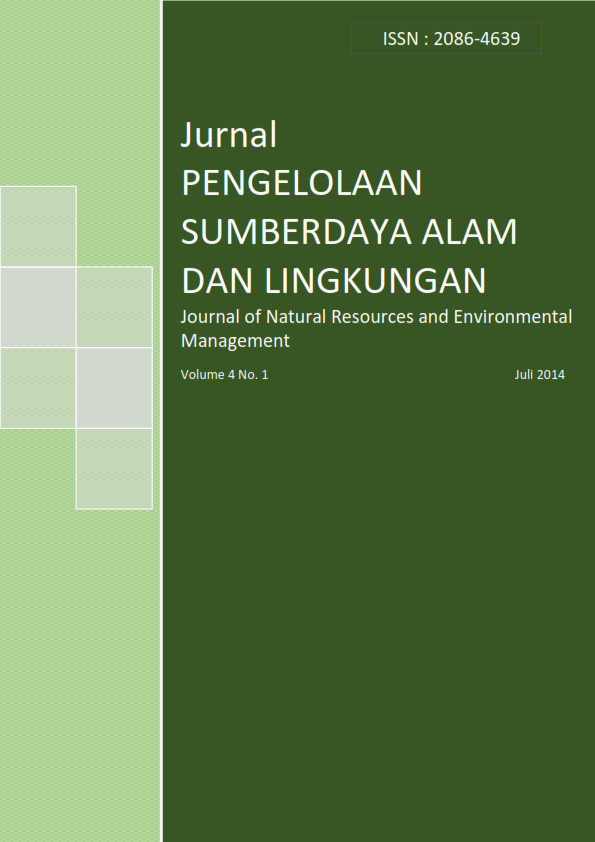ANALISIS LINGKUNGAN SOSIAL EKONOMI PENGELOLAAN PERKEBUNAN KELAPA SAWIT BERKELANJUTAN BERDASARKAN KRITERIA ISPO PT. TAPIAN NADENGGAN
Abstract
Indonesian’s Goverment has obliged palm oil plantation companies to produce sustainable palm oil by the regulation from ministry of Agriculture No. 19/2011 about guidelines for Indonesian Sustainable Palm Oil (ISPO). This research aimed to study the plantation management of PT. Tapian Nadenggan from their existing socio-economic aspects, then to analyze its sustability according to ISPO’s principles and creteria. The method was done by collecting primary data through interview(in general as well as intensive interview with key spekers), distributing questionnaires, executing field observation, taking respondent by purposive sampling method. Secondary data was obtained from the company’s data and literature review. The analysis result shows that the process of the land approval and the company’s responsibility toward their employess are convenient with ISPO’s principles and criteria. While for the execution of plasma plantation, the company’s social responsibility toward local culture development has not been fulfilled yet.
Keywords: ISPO, palm oil, social economicAuthors
Authors who publish with this journal agree to the following terms:
- Authors retain copyright and grant the journal right of first publication with the work simultaneously licensed under a Creative Commons Attribution License that allows others to share the work with an acknowledgement of the work's authorship and initial publication in this journal.
- Authors are able to enter into separate, additional contractual arrangements for the non-exclusive distribution of the journal's published version of the work (e.g., post it to an institutional repository or publish it in a book), with an acknowledgement of its initial publication in this journal.
- Authors are permitted and encouraged to post their work online (e.g., in institutional repositories or on their website) prior to and during the submission process, as it can lead to productive exchanges, as well as earlier and greater citation of published work (See The Effect of Open Access).






